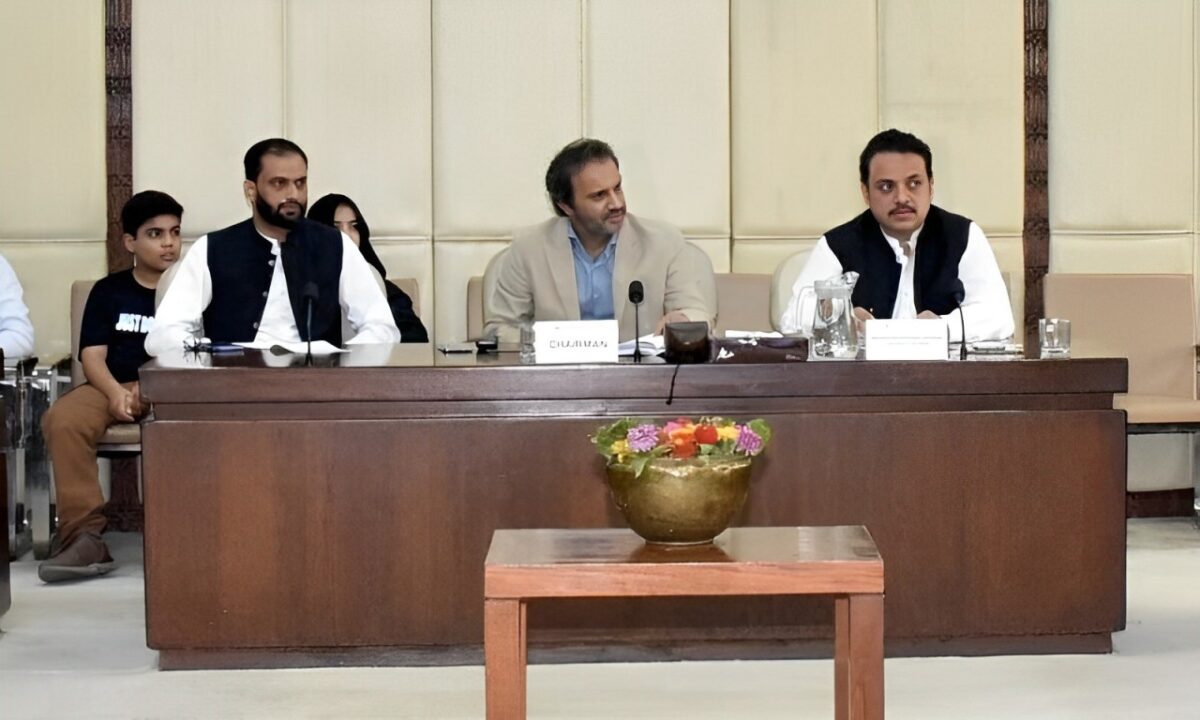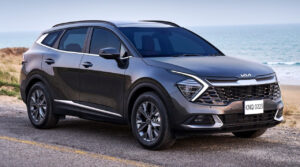Islamabad, Aug 24: Senators warned during a house committee meeting on Friday that if domestically produced cars did not meet international standards, automakers would not be able to accomplish their 7 percent export goal.
A three-person subcommittee led by Saifullah Sarwar Khan Nyazee was established by the Senate Standing Committee on Industries and Production, which convened with Aon Abbas in the chair, to examine the nation’s policies regarding electric vehicles. After the government established the export goal at 7 percent for 2024–2025, officials told the gathering that the corporations had secured a stay order from a court, claiming they would not be able to reach the target.
Senator Saleem Mandviwalla expressed regret that domestically built cars did not meet international standards and added that there is no market for these vehicles to be exported internationally. Senator Nyazee questioned who would be held accountable for the lives lost as a result of such automobiles and declared that no manufacturer should be permitted to create cars that do not adhere to the WP-29 rules.
The nation’s EV policy was also covered by the committee.The government launched the EV strategy, according to representatives of the Ministry of Industries and Production, to address the climate issue and diversify the automotive industry. The legislation levies a 1 percent customs fee on parts of electric vehicles, whereas traditional automobiles are subject to a 30 percent duty.
In addition, the tax on electric vehicles is between 5 and 10% lower than that on conventional vehicles, at 25% to 30%. These actions were done to draw in international EV producers. Mr. Mandviwalla emphasized that the EV industry would not be able to survive without the construction of EV-friendly infrastructure.
Senator Abbas brought up the topic of automakers paying back customers when their automobiles are delivered after a 60-day delay.He said that eight automakers had compensated consumers to the tune of about Rs5.32 billion, including Honda Atlas Cars, Indus Motor, Pak Suzuki, Hyundai Nishat Motors, and Kia Lucky Motors. The Competition Commission of Pakistan is the appropriate body to investigate misconduct by automakers, officials told the committee.
In order to ascertain if the compensation justified the delay, Mr. Abbas ordered that a breakdown of the sums paid, together with the car types and additional days for which the amount had been paid, be supplied. The committee suggested creating a global system that would allow customers and relevant government agencies to monitor automakers in real time.
Thirteen automakers were presently doing business in the nation, according to information provided to the committee. These businesses have built a 500,000 unit yearly manufacturing capacity across over 40 models and more than 100 variants. They create about 2 million employment in the nation, pay taxes totaling Rs300 billion, and make up 4% of the GDP. The group also discussed offering reasonable electricity costs and integrating cold storage into the industrial sector. According to officials, the ECC gave its approval on the topic and sent it to the cabinet for approval in order to designate “cold storage” as an industrial sector.









